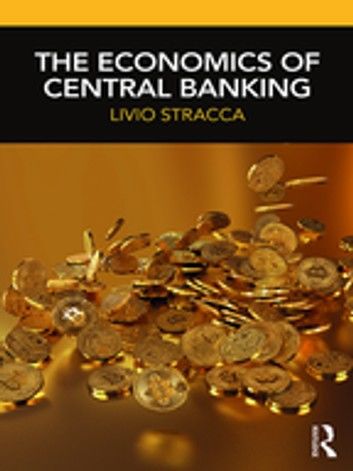This book offers a comprehensive analysis of central banks, and aims to make them less of a mystery to the general public, which is the only way to have a rational debate about them and ultimately to make them accountable.
The book arose from the author’s graduate lectures on Central Banking at the University of Frankfurt J.W. Goethe. It contains an overview of all the key questions surrounding central banks and their role in the economy. It leads the reader from the more established concepts (including monetary theory and historical experience), necessary to have a good grasp of modern central banking, to the more open and problematic questions, which are being debated within academic and financial market circles. The overall purpose of this structure is to make readers without specific knowledge of central banks or monetary economics able to understand the current challenges and issues.
It has three defining characteristics, which set it apart from competing titles: first, it is pitched at the general public and uses a simple and entertaining language. Second, it is rooted in, and makes frequent reference to, recent academic research, based on content for a graduate level course. Third, the author thinks "out of the box" in order to describe the possible evolution of central banks (including the prospect of their disappearance), and not only the status quo.

 共
共 









